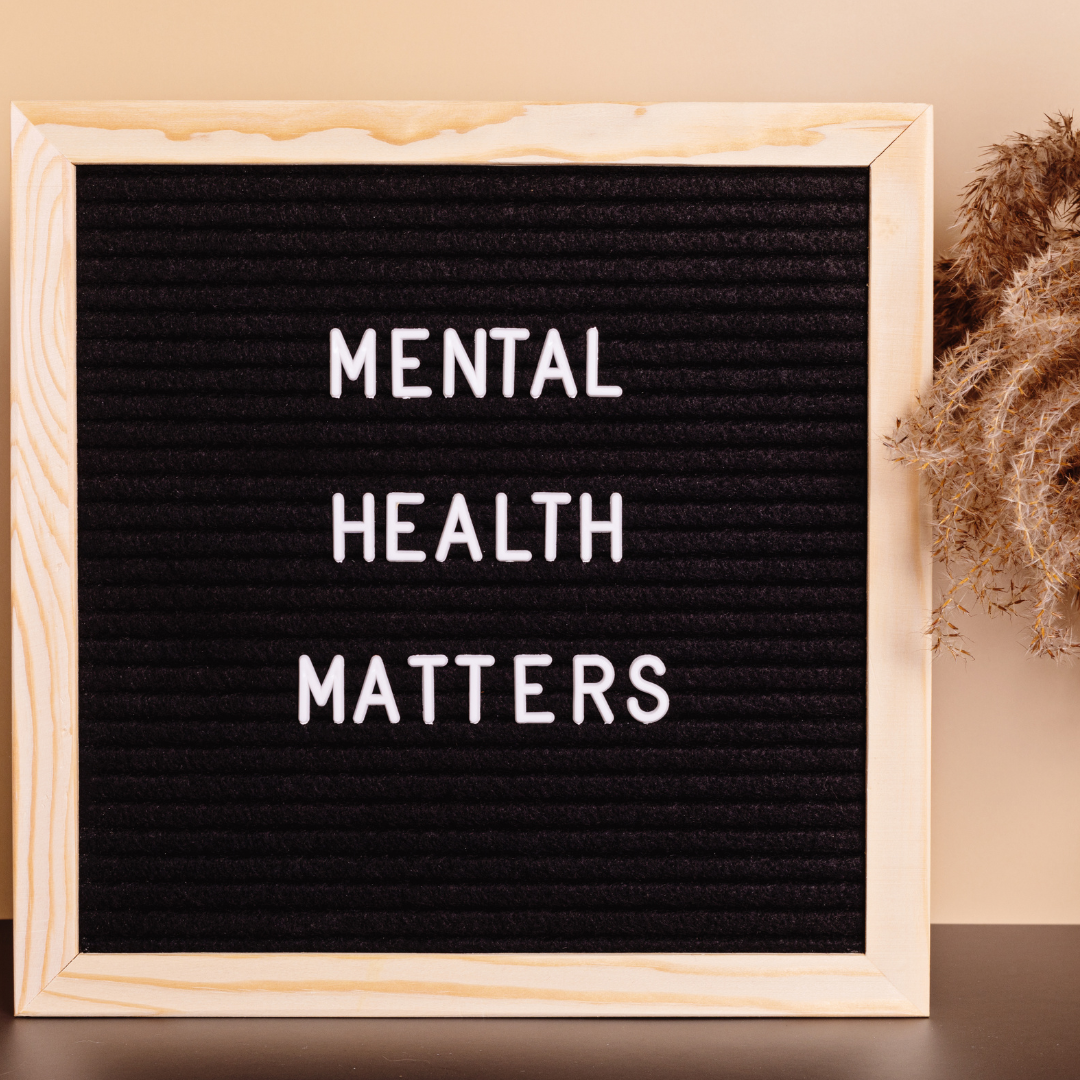Love Comes in Seasons
December 17, 2025

Faith and Mental Illness: Everyone’s Story Needs to Be Witnessed
I say to God, my rock, "Why have you forgotten me?
Why must I walk around mournfully because the enemy oppresses me?"
~ Psalm 42:9
If the person sitting next to me on Sunday morning has obvious evidence of trauma or illness – a leg stabilized by a cast or visible surgical scars – I understand at least one thing about my pew mate. However, trauma or illness that lies in the mind is often not obvious, and someone living with mental illness may endure suffering in silence. Whereas I can ask the first person what happened to their leg, I probably wouldn’t ask the second person if they suffer from anxiety or major depressive disorder or think of suicide. Generally speaking, our knowledge of mental health is limited, and talking about it is awkward and a little scary.
We may wonder how psychological and theological perspectives fit together. A person living with mental illness may tap into their Christian beliefs as a tool in recovery, or they may even feel that God has abandoned them. How can the church best address the realities of mental illness and stand with the congregants who experience its effects?
On each Sunday for the month of July, Churchwide Sunday School will explore four topics based on the resources provided by Sanctuary Mental Health Ministries, a nonprofit that equips church leaders and congregants to meaningfully engage on topics of faith and mental health. The sessions will be led by members of the Saint John’s Mental Health Ministry Team. The Sunday School sessions align with our Mental Health team’s goal of reducing the stigma of mental health and educating our congregation. The four topics are:
July 7: Mental Health urges us to consider that mental illnesses are not the only factors that affect mental health. Other factors are part of a continuum of mental health, including the ability to connect to community, do meaningful work, and form positive relationships.
July 14: Mental Illness explores mental health as a range of disorders, how they are diagnosed, and how their onset and persistence vary widely.
July 21: Stigma is felt by more than half of persons with lived mental health experience, and a similar percentage say they are embarrassed by their mental health challenges. Persons with lived experience often internalize stigma and feel they are nothing more than their diagnosis.
July 28: Self-Care is important for all of us, but perhaps more so for a person who suffers from chronic stress and may view themselves are being in a constant fight-or-flight mode. Self-care can reduce stress, cut down on mental health crises, and promote overall well-being.
Please join us to learn about mental health, the challenges faced by people living with mental illness, and what we can do to support those with lived experience in matters of mental health.
December 17, 2025
December 09, 2025
December 02, 2025